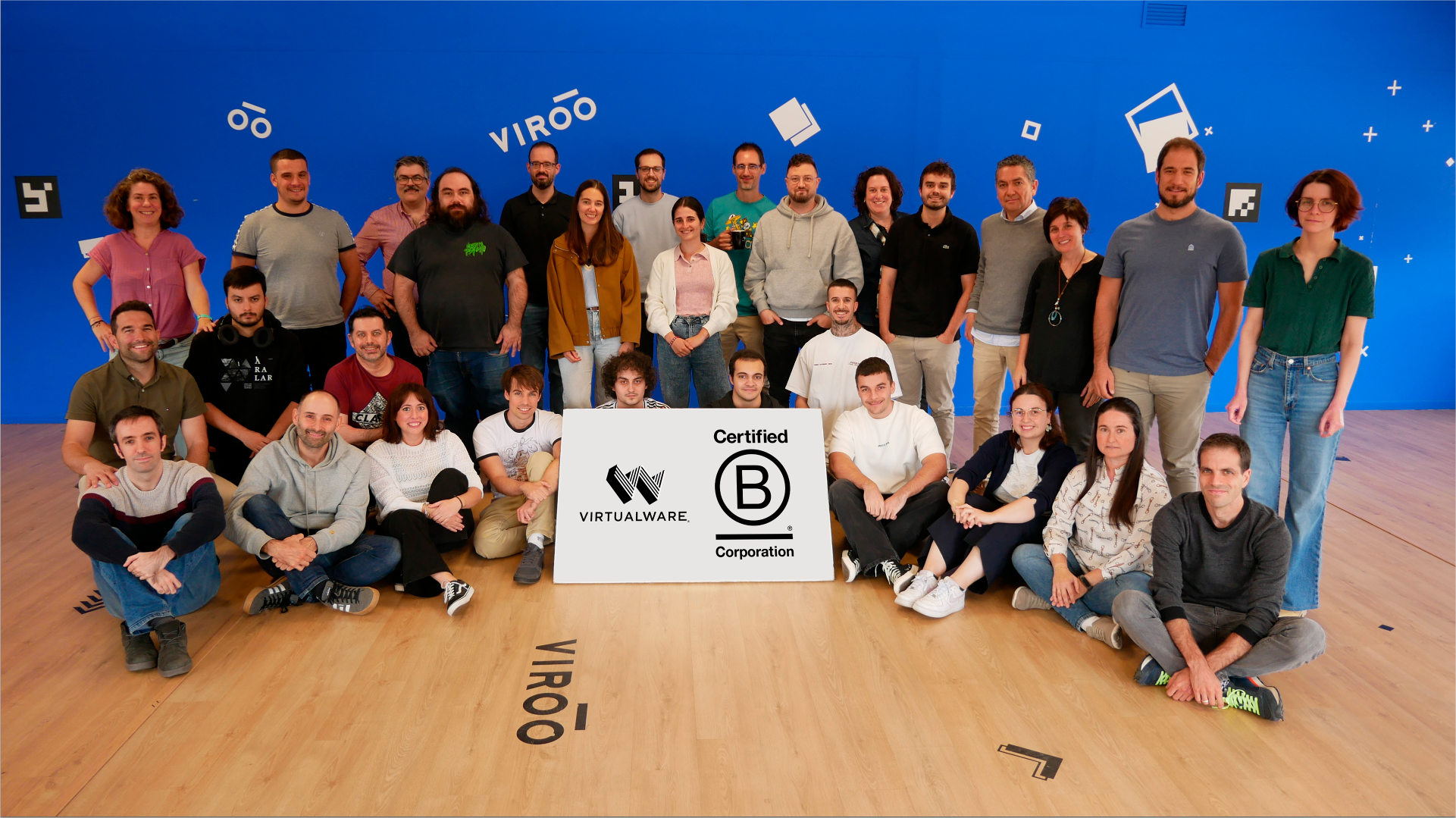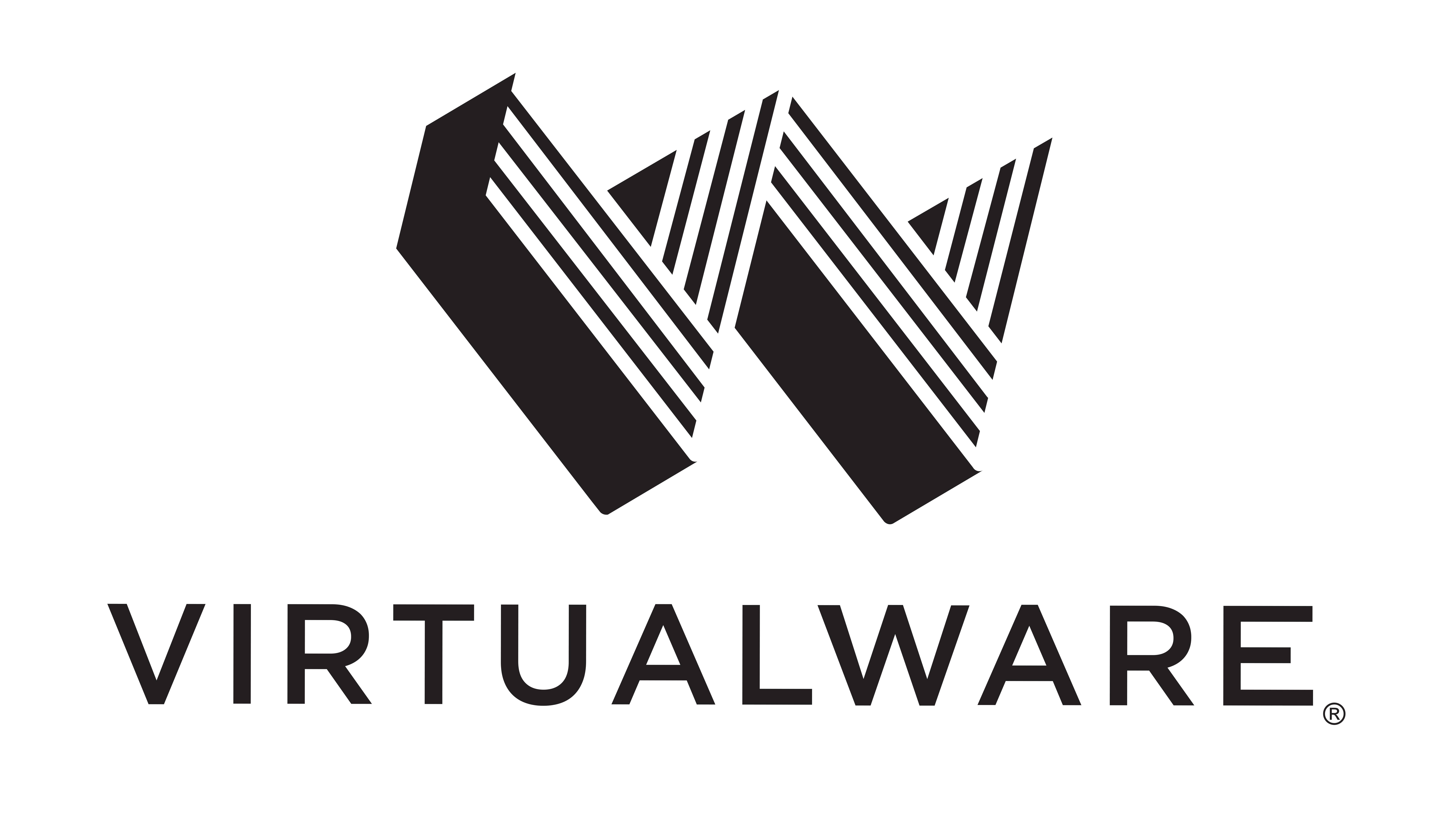

Virtualware 2007 S.A.

1.6
Basque Country, Spain
September 2025
Software publishing and SaaS platforms
Service with Minor Environmental Footprint
Canada,
Spain,
Sweden,
United States
Con más de dos décadas de experiencia en el desarrollo de soluciones empresariales, Virtualware (EPA: ALVIR) es una compañía líder mundial en software empresarial basado en tecnologías 3D. La empresa proporciona a organizaciones e instituciones soluciones de 3D en tiempo real (RT3D) diseñadas para facilitar la adopción de tecnologías como XR, gemelos digitales y simuladores avanzados. Sus productos, como VIROO y Simumatik, están orientados a ayudar la toma de decisiones y mejorar la eficiencia en sectores como energía, automoción, transporte, defensa, manufactura, educación y salud. Estas soluciones permiten optimizar procesos de formación, ingeniería y operación, impulsando la competitividad mientras contribuyen a un futuro más sostenible. Entre la clientela de Virtualware se encuentran GE Vernova, Petronas, Volvo, Gestamp, Alstom, ADIF, Guardian Glass, Biogen, Kessler Foundation, Invest WindsorEssex, McMaster University, la Universidad de El Salvador, la Universidad de Ohio, el Ministerio de Defensa de España y el Gobierno Vasco. La sede de la empresa está en Bilbao, España, con oficinas en Orlando (EE. UU.), Toronto (Canadá) y en Skövde (Suecia). Virtualware cotiza en la Euronext París desde abril de 2023 bajo el ticker AMLVIR.
Overall B Impact Score
Governance 19.5
Governance evaluates a company's overall mission, engagement around its social/environmental impact, ethics, and transparency. This section also evaluates the ability of a company to protect their mission and formally consider stakeholders in decision making through their corporate structure (e.g. benefit corporation) or corporate governing documents.
What is this? A company with an Impact Business Model is intentionally designed to create a specific positive outcome for one of its stakeholders - such as workers, community, environment, or customers.
Workers 35.7
Workers evaluates a company’s contributions to its employees’ financial security, health & safety, wellness, career development, and engagement & satisfaction. In addition, this section recognizes business models designed to benefit workers, such as companies that are at least 40% owned by non-executive employees and those that have workforce development programs to support individuals with barriers to employment.
Community 13.4
Community evaluates a company’s engagement with and impact on the communities in which it operates, hires from, and sources from. Topics include diversity, equity & inclusion, economic impact, civic engagement, charitable giving, and supply chain management. In addition, this section recognizes business models that are designed to address specific community-oriented problems, such as poverty alleviation through fair trade sourcing or distribution via microenterprises, producer cooperative models, locally focused economic development, and formal charitable giving commitments.
Environment 8.4
Environment evaluates a company’s overall environmental management practices as well as its impact on the air, climate, water, land, and biodiversity. This includes the direct impact of a company’s operations and, when applicable its supply chain and distribution channels. This section also recognizes companies with environmentally innovative production processes and those that sell products or services that have a positive environmental impact. Some examples might include products and services that create renewable energy, reduce consumption or waste, conserve land or wildlife, provide less toxic alternatives to the market, or educate people about environmental problems.
Customers 4.3
Customers evaluates a company’s stewardship of its customers through the quality of its products and services, ethical marketing, data privacy and security, and feedback channels. In addition, this section recognizes products or services that are designed to address a particular social problem for or through its customers, such as health or educational products, arts & media products, serving underserved customers/clients, and services that improve the social impact of other businesses or organizations.